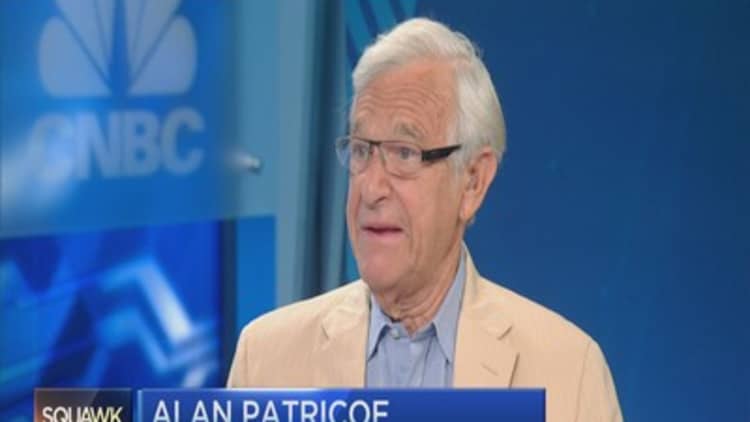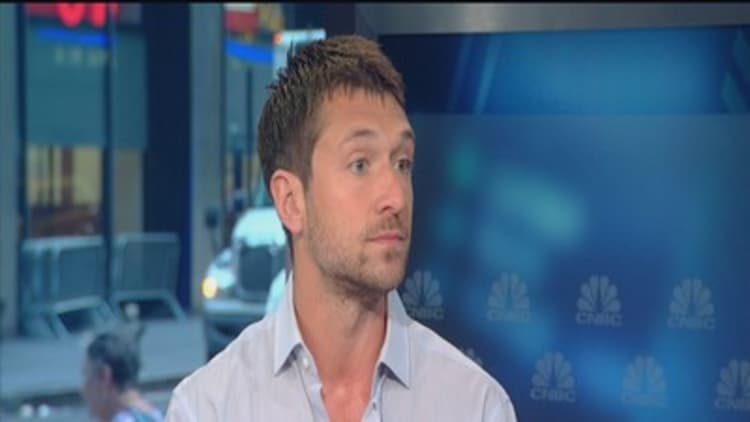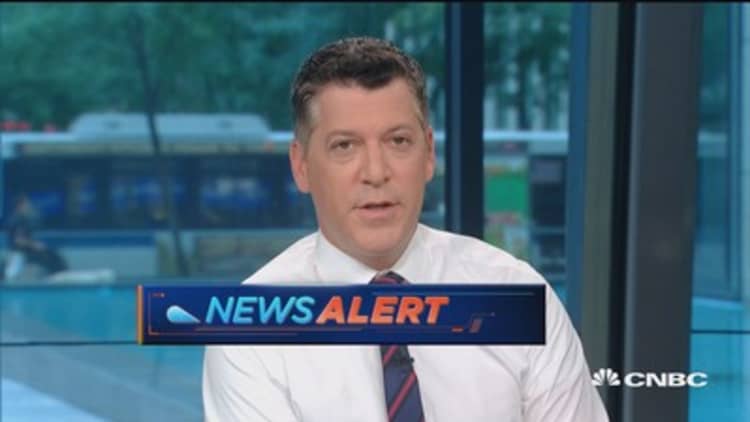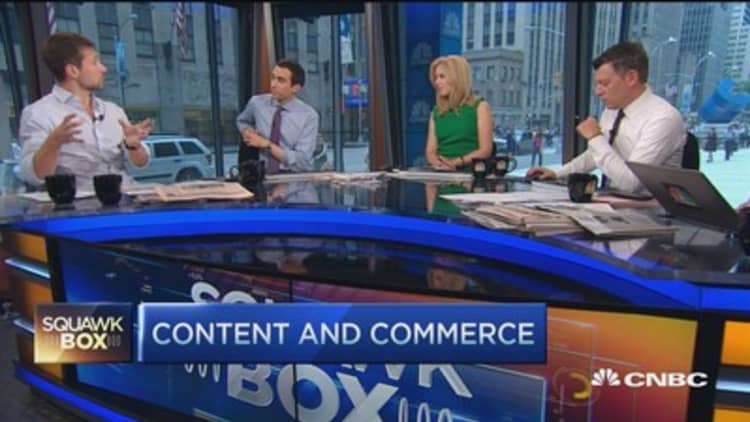



The valuations of so-called Unicorns—private companies worth $1 billion or more—are quite high, pioneering tech and media investor Alan Patricof said Tuesday.
"There is no question that valuations are excessive. Anyone who says otherwise is kidding themselves," the co-founder of venture capital fund Greycroft told CNBC. "On the other hand, it just seems to perpetuate itself."
In an interview on "Squawk Box," he painted a worst-case scenario that could eventually cause investor money to dry up. "One of these extraordinary valuations is going to come up short. And you're going to see this next round of valuation, whether it's a 'B' round or a 'C' round is going to be at a discount."
If that happens, he said, venture capitalists could starting getting nervous. "It hasn't happened, in my opinion. I think we're still in a very strong growth trajectory," he said.
There was perhaps a glimmer of this dilemma Monday, when media mogul John Malone's Liberty Interactive, owner of the QVC shopping network, brought online retailer Zulily in a cash-and-stock deal valued at $2.4 billion.
The offer of $18.75 per share was of $22.
The challenges that highly valued private companies face is their lack of options, Patricof said. "They are in a position now where the only exit they're really going to have is going to be a public market."
"Once you get into the $3 billion to $5 billion valuation you're going to have to be tested by a public market at some point," he said.
On the media front, Patricof said he doesn't see television going away. "Certainly not in the near future."
But traditional media companies have been looking to tap into the digital marketplace. Case in point, NBCUniversal on Tuesday announced a $200 million investment in online publisher BuzzFeed.
Last week, , another digital brand.
"They are making investment[s] for strategic purposes not just profit purposes. They have to get an exposure to that market. You've got to be able to get the mobile market. And that's fastest way I can think of," Patricof said.
In a separate interview, venture capitalist Ben Lerer told CNBC that traditional media companies are "waking up all at once" to the reality that the advertising dollars are shifting to online.
"Media has been sort of democratized over the last few years with social media being the way people discover content," said Lerer, managing director at Lerer Hippeau Ventures, which has an investment in BuzzFeed. "There are a new breed of content creators that have social at the core of their DNA."
Lerer, co-founder of digital lifestyle brand Thrillist Media, predicted that "a lot of money" will be invested in digital media in the next few years.
"It's a great time to be building a new media business," he said.
Disclosure: Comcast-owned NBCUniversal is the parent company of CNBC.


